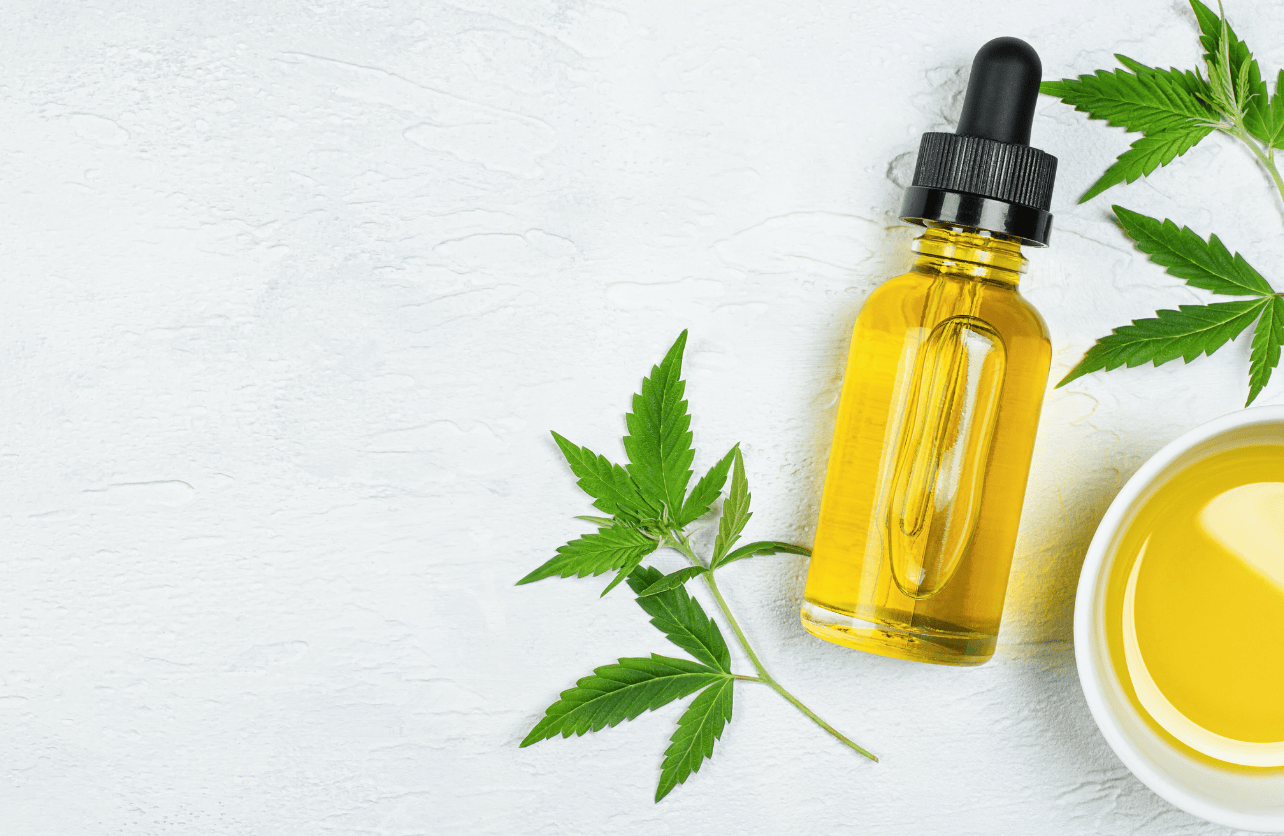Whether you’re preparing for a drug test, trying to better understand cannabis and its effects, or just plain curious, one of the most common questions people ask is: How long does THC stay in your body? The answer isn’t so straightforward. The time it takes for THC to leave your system depends on a range of personal factors, like how often you use it, what type of test is being used, and even your body fat percentage.
Here’s a complete, no-fluff guide to what affects THC detection times and how long you can expect it to stick around.
What Is THC?
THC, or tetrahydrocannabinol, is the primary psychoactive compound found in cannabis. It’s what gives you that “high” feeling, but it also leaves behind a traceable footprint in your body. When you consume cannabis, THC is absorbed into the bloodstream, where it gets distributed to your brain, organs, and fat stores. Over time, your body breaks THC down into metabolites, most notably THC-COOH, which is what most drug tests are actually designed to detect.
1. Urine Tests: The Most Common Method
Urine tests are by far the most widely used method for detecting cannabis use, especially in employment and legal settings.
Occasional users (once or twice a week): THC may be detectable for up to 3–7 days.
Moderate users (a few times a week): Detection could last up to 10–14 days.
Daily users: THC may show up for 3–4 weeks.
Heavy or chronic users (multiple times daily): In extreme cases, THC has been detectable for 45–60+ days, and in rare instances up to 90–100 days.
Why such a wide range? Because THC is fat-soluble, meaning it binds to your body’s fat cells. The more frequently you use cannabis, the more it accumulates—and the longer it takes to flush out.
2. Blood Tests: Short-Term Detection
Blood tests are often used in medical settings or in situations involving accidents, DUIs, or impairment assessments. They detect active THC, not just the metabolites.
For most users, THC is detectable in the blood for up to 12 hours after use.
For frequent or chronic users, THC can be detected for up to 24–48 hours.
It’s important to note that although active THC levels drop fairly quickly, residual traces may linger in chronic users’ blood for longer.
3. Saliva Tests: A Short Window
Saliva testing is gaining popularity in roadside or workplace screening because it’s easy and non-invasive.
For occasional users, THC is typically detectable for up to 24 hours.
In daily or heavy users, it may remain in saliva for up to 72 hours.
Because saliva tests detect recent use, they’re considered more reflective of immediate impairment rather than long-term use.
4. Hair Tests: Long-Term History
Hair follicle testing provides the longest detection window, making it ideal for evaluating patterns of long-term use.
THC metabolites can be detected in hair for up to 90 days.
That said, this method isn’t used as frequently due to cost, slower turnaround, and occasional false positives (e.g., from secondhand exposure).
What Factors Affect How Long THC Stays in Your Body?
No two people will metabolize THC in the exact same way. Several variables influence how quickly it leaves your system:
Frequency and duration of use: The more often and the longer you use, the longer THC sticks around.
Body fat percentage: THC binds to fat cells, so individuals with more body fat may retain THC longer.
Metabolism speed: A faster metabolism processes and clears THC more quickly.
Hydration and diet: While these don’t drastically change THC clearance, being dehydrated can concentrate urine and make metabolites more detectable.
Exercise: THC may be temporarily released into the bloodstream during fat burning, but this isn’t a reliable way to flush it out quickly.
Can You Speed Up THC Elimination?
Despite myths about detox teas, cranberry juice, or sweating it out in saunas, there’s no scientifically proven way to rapidly eliminate THC from your body. Your liver and kidneys do most of the work, and they need time to do it. That said, maintaining hydration, eating a balanced diet, and exercising regularly may support your body’s natural detox process, but don’t count on them to beat a test.
The Bottom Line
THC can linger in your system anywhere from a day to over a month, depending on how often you use it and the type of test being used. Urine tests are the most common and have the longest detection windows, especially for regular users. Blood and saliva tests are shorter-term, while hair tests offer a 90-day lookback.
If you’re facing a drug test, the only reliable way to ensure a clean result is to abstain from cannabis use well in advance. There’s no shortcut, no guaranteed detox drink, and no universal timeline. What works for one person might not work for another. When in doubt, give your body time—it’s the most effective (and honest) method there is.
